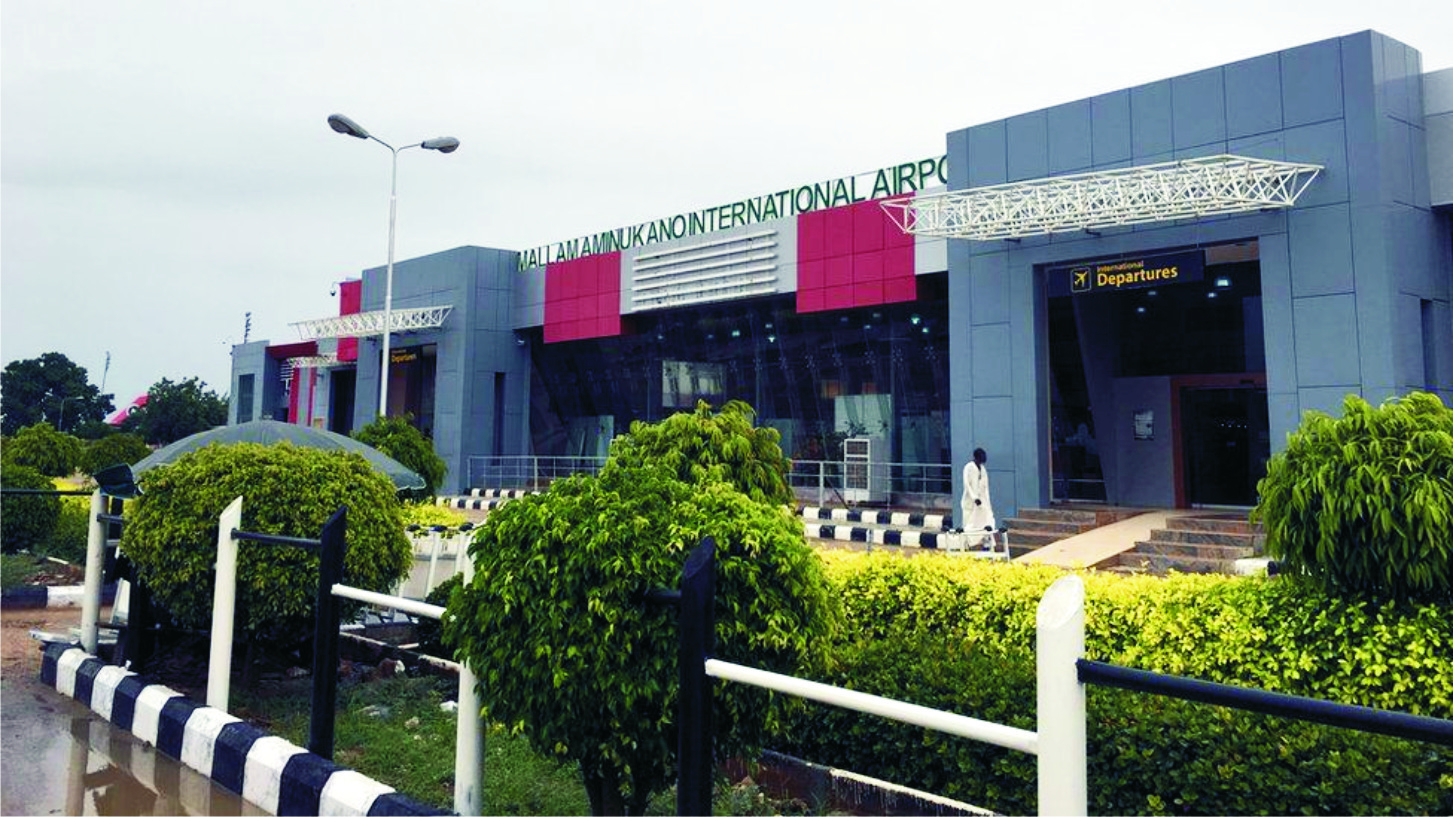Business
‘Nigerians Need Multiple Income To Survive’

The South-South representative of CHYMALL E-commerce Limited, Mr Everest Onuorah, has said that the only way to overcome financial difficulties of the present economic situation in Nigeria ”is to have multiple streams of income”.
Onuorah made this known during a business seminar in Port Harcourt, recently, saying that sticking to one source of income would expose an individual to borrowing.
He noted that multiple streams of income remains the answer to financial difficulties, adding that Nigerian economy and the world at large have not bounced back after the Covid-19 pandemic.
Onuorah explained that CHYMALL is an E-commerce new retail revolution that gives interest to investors for their business capital every 10-12 days of investment.
“The only way to solve financial problems and maintain your position as the man of your family is to have multiple streams of income.
“When you do not invest your money wisely, especially getting involved in new retail revolution, the world will leave you behind”, he said.
An investor, Mr Calistus Obih, who spoke with our correspondent on the sidelines of the one-day seminar, advised workers and entrepreneurs to utilise the 21st Century E-commerce New Retail Revolution offered by CHYMALL to improve their income.
He noted that investment in CHYMALL has paid off, stressing that gone were the days when workers depended only on their salaries which finished one week after the payment.
In her contribution, another investor, Mrs Ifeoma Nwokeke, said investment in the new retail E-commerce has been a source of help to her as an entrepreneur, saying that “depending on one source of income would only be good for a teenager without responsibility.
“For family men and women who have multiple financial responsibilities, multiple streams of income and investment remains the only way out”, she said.
By: Lilian Peters
Transport
Nigeria Rates 7th For Visa Application To France —–Schengen Visa

Transport
West Zone Aviation: Adibade Olaleye Sets For NANTA President

Business
Sugar Tax ‘ll Threaten Manufacturing Sector, Says CPPE

In a statement, the Chief Executive Officer, CPPE, Muda Yusuf, said while public health concerns such as diabetes and cardiovascular diseases deserve attention, imposing an additional sugar-specific tax was economically risky and poorly suited to Nigeria’s current realities of high inflation, weak consumer purchasing power and rising production costs.
According to him, manufacturers in the non-alcoholic beverage segment are already facing heavy fiscal and cost pressures.
“The proposition of a sugar-specific tax is misplaced, economically risky, and weakly supported by empirical evidence, especially when viewed against Nigeria’s prevailing structural and macroeconomic realities.
The CPPE boss noted that retail prices of many non-alcoholic beverages have risen by about 50 per cent over the past two years, even without the introduction of new taxes, further squeezing consumers.
Yusuf further expressed reservation on the effectiveness of sugar taxes in addressing the root causes of non-communicable diseases in Nigeria.
-

 News3 days ago
News3 days agoDon Lauds RSG, NECA On Job Fair
-

 Niger Delta24 hours ago
Niger Delta24 hours agoPDP Declares Edo Airline’s Plan As Misplaced Priority
-

 Nation1 day ago
Nation1 day agoHoS Hails Fubara Over Provision of Accommodation for Permanent Secretaries
-

 Sports1 day ago
Sports1 day agoSimba open Nwabali talks
-

 Transport1 day ago
Transport1 day agoNigeria Rates 7th For Visa Application To France —–Schengen Visa
-
Niger Delta1 day ago
Stakeholders Task INC Aspirants On Dev … As ELECO Promises Transparent, Credible Polls
-
Niger Delta24 hours ago
Students Protest Non-indigene Appointment As Rector in C’River
-

 Oil & Energy1 day ago
Oil & Energy1 day agoElectricity Consumers Laud Aba Power for Exceeding 2025 Meter Rollout Target

